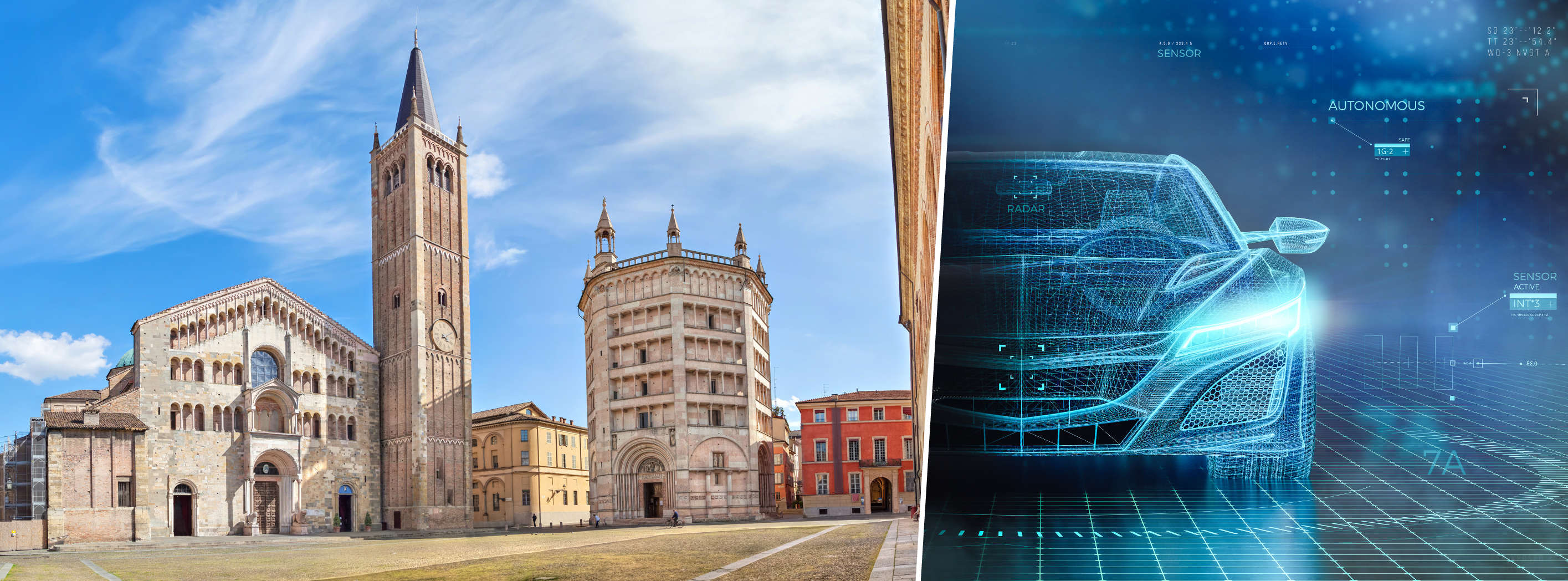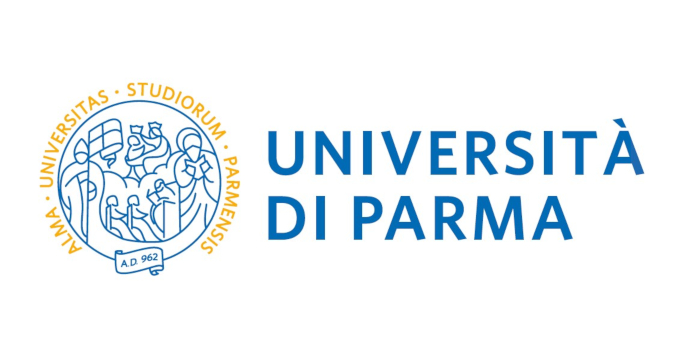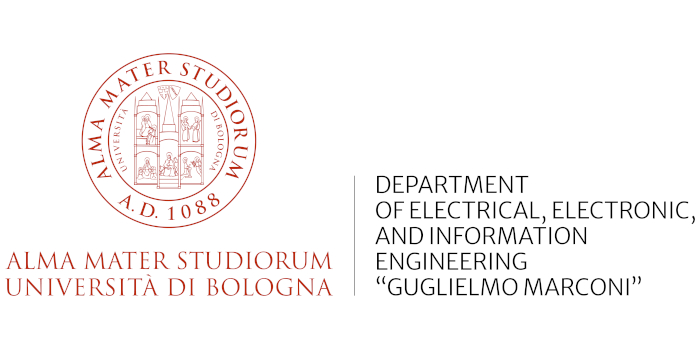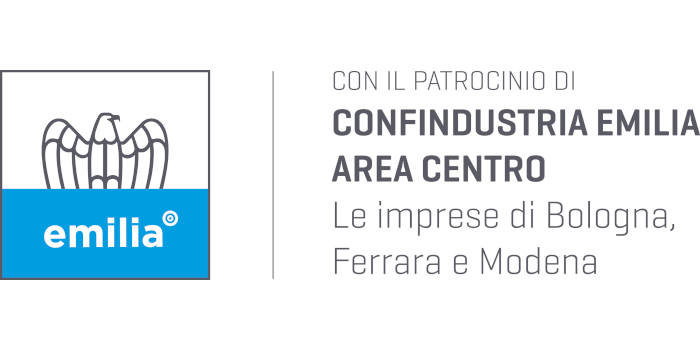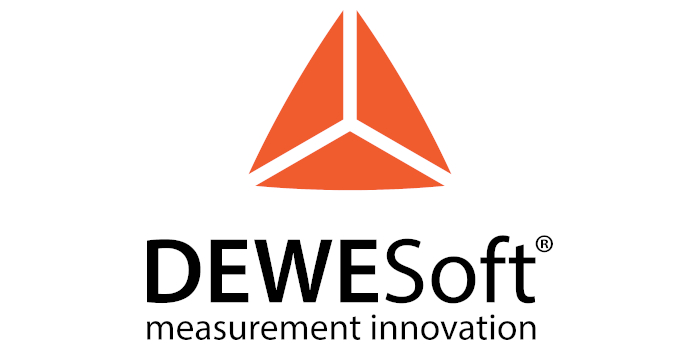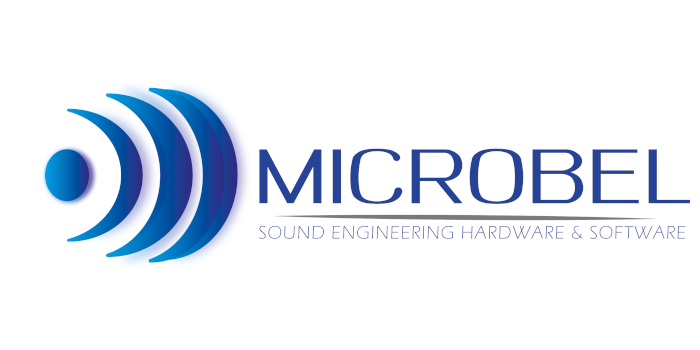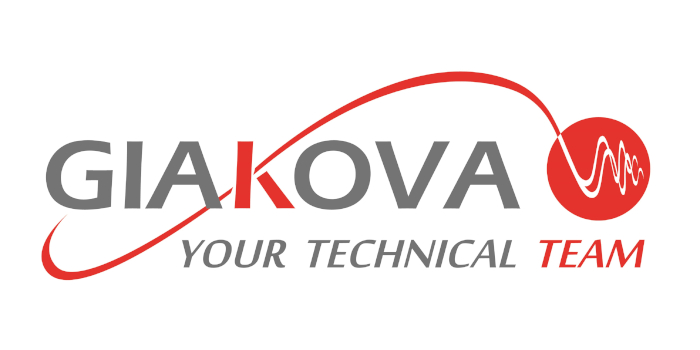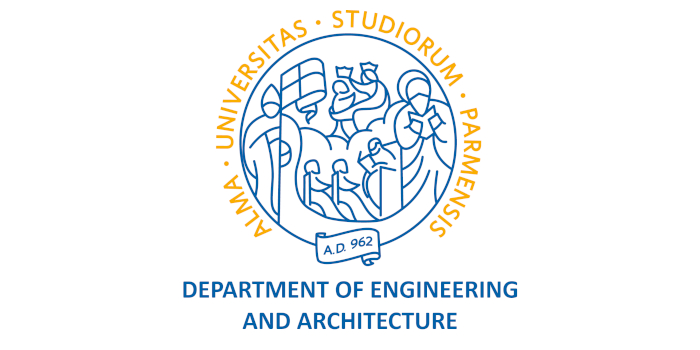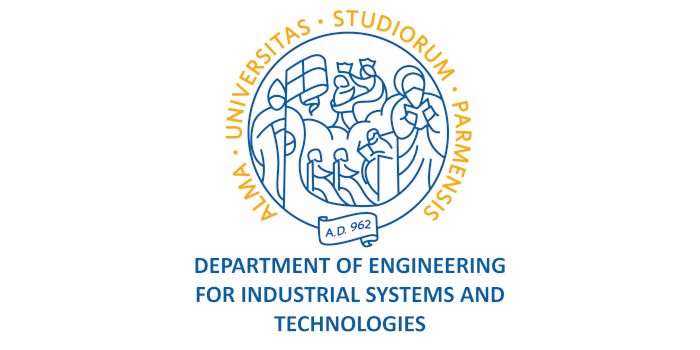SPECIAL SESSION #8
Thermal and fluid dynamic measurement for automotive powertrain and vehicles development, control and monitoring
ORGANIZED BY
Carlo Alberto Rinaldini
University of Modena and Reggio Emilia, Italy
Giuseppe Cantore
University of Modena and Reggio Emilia, Italy
ABSTRACT
The Special Session aims to gather contributions from researchers and professionals from academia and industry who explore and develop applications for automotive powertrains (ICE and Hybrid Electric systems) and vehicles, focusing on thermal (including emissions) and fluid dynamic measurements for development, control, and monitoring.
TOPICS
This special session focuses on the following (but not limited to) topics:
- ICE and Hybrid Electric performance test rigs and cells development and calibration;
- Temperature, pressure, flow rate measurements for powertrain and vehicles development;
- Pollutant emission measurements and characterization;
- After treatment devices (EGR, SCR, DPF, DOC, ecc.) characterization;
- Experimental analysis of classical and innovative combustion solution in internal combustion engines including also application of alternative fuels;
- Measurements for powertrain control and for the calibration and mapping of Electronic Control Unit (ECU);
- Measurements and control of energy fluxes in vehicles with advanced propulsion systems;
- Heat transfer measurements in ICE and Hybrid Electric powertrain.
ABOUT THE ORGANIZERS
Carlo Alberto Rinaldini received the M.S. degree and the Ph. D degree in Mechanical Engineering in 2002 and 2007 from the University of Modena and Reggio Emilia where is currently Associate Professor at the Department of Engineering “Enzo Ferrari”. His research activity mainly concerns the experimental analysis and the numerical modelling of energy conversion systems with particular attention to the optimization of efficiency and reduction of polluting emissions. The activities carried out include the development of innovative technical solutions, with particular reference to the sector of propulsion systems and the analysis on the use of alternative and sustainable fuels. He is co-author of more than 50 papers published in international journals and congress proceedings.
Giuseppe Cantore is Professor Emeritus of Fluid Machines and Systems for Energy and the Environment.
Since 1994 he has been a Professor at the University of Modena and Reggio Emilia where, from 2007 to 2012, he served as the Dean of the Faculty.
During his career, he directed and coordinated the second-level master's degree in vehicle engineering and was a promoter of the master's degree course in vehicle engineering.
He is the author of over 180 publications in journals and conference proceedings on internal combustion engines and energy conversion systems.
He was a member of SAE and IGTI.
President of ATA Emilia Romagna until 2016
President of ATI Emilia Romagna to date
Coordinator of many PRIN and FIRB research projects.

